Building a Sustainable Future, One Inert Block at a Time
- Gunraagh Talwar
- Apr 12, 2023
- 2 min read
Are you curious about innovative ways to tackle the growing issue of waste management in urban cities? Gunraagh Singh Talwar, the founder of Better Bhalswa, has come up with an ingenious solution that involves using inert soil from Delhi's legacy dumpsites to make construction blocks.
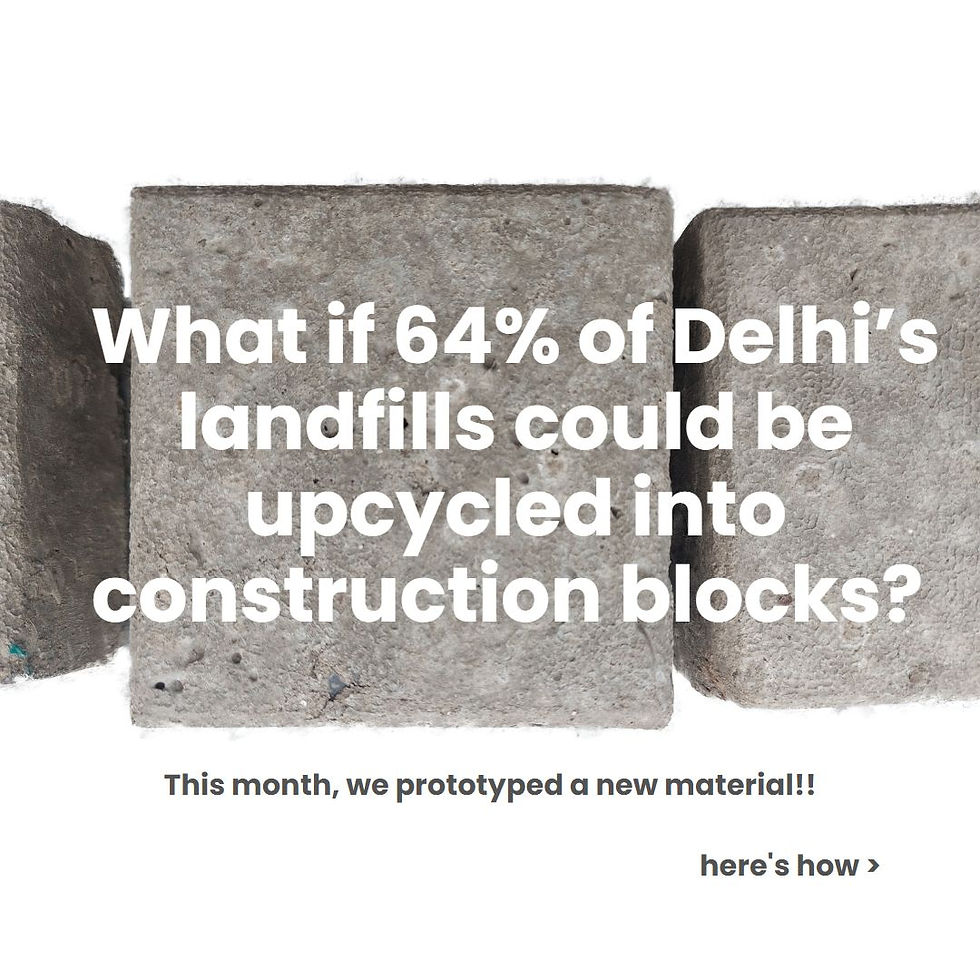
Inert soil makes up a whopping 64% of Delhi's legacy dumpsites and contributes significantly to PM10 dust-borne air pollution, groundwater leaching, and collateral damage to surrounding settlements. Additionally, unsegregated inert soil can impede processing and emergency operations such as firefighting.
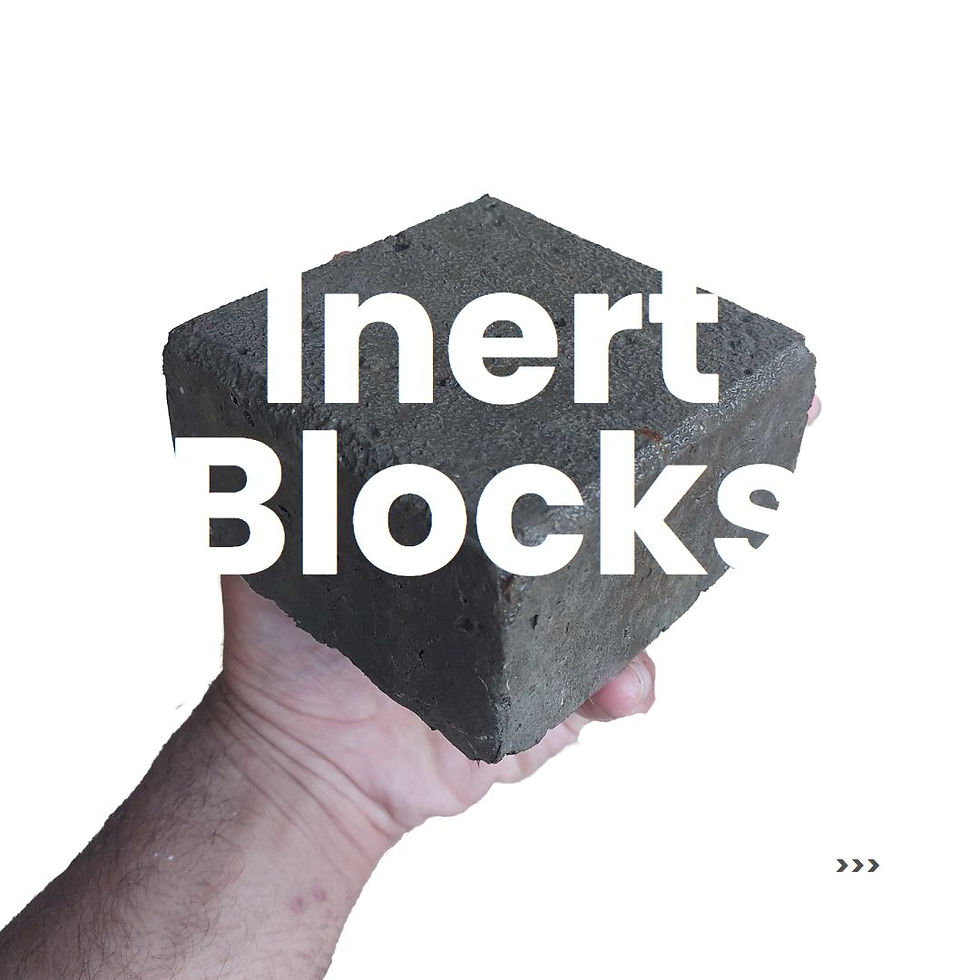
Talwar's proposed solution involves prototyping mainstream construction blocks using compressed stabilized blocks and vibro-compressed blocks. The project aims to scale production with Bhalswa's wastepicker communities, making the resource recovery process sustainable.
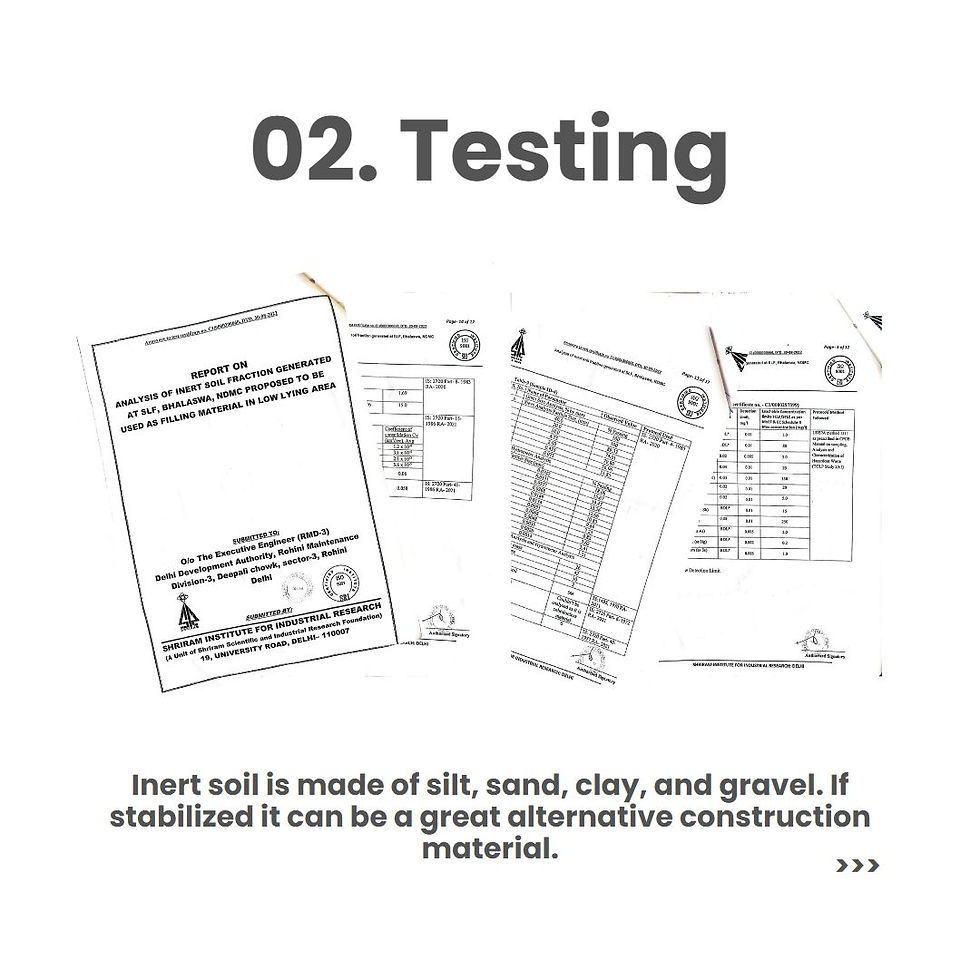
To test the feasibility of the idea, the team first procured inert soil from Delhi's landfills and tested their soil composition and toxicity. The sample tested by Shriram Labs in Delhi revealed that the inert soil had no leaching heavy metals and was essentially silty soil with gravel and little clay.

After several design mixes, the team achieved a stable block using 50% inert soil, stabilized with 20% cement, and 30% coarse aggregate for better binding. This block had a fascinating M25 compressive strength, which implies a final mature strength of M35, making it a perfect fit for paver blocks under heavy vehicular load. Moreover, the block costs only ₹4 in raw materials, making it a cost-effective solution.
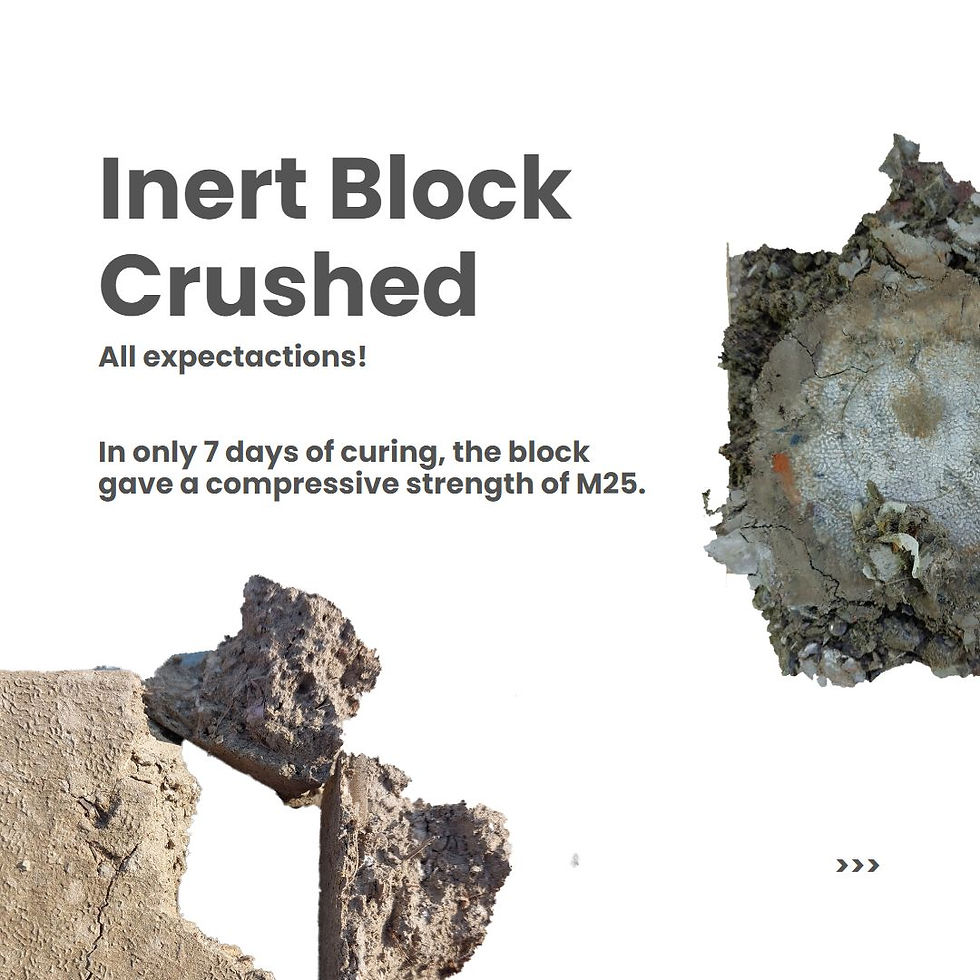
With a proof of concept in hand, Talwar is now focusing on refining the design mix for optimum compressive strength, reducing production costs, and introducing the block sample to the resident wastepicker communities.
Talwar's innovative solution is not only environmentally sustainable but also economically viable. It empowers the wastepicker communities and helps reduce the burden of waste management in urban cities. It is a promising step towards a cleaner and greener future for our cities.
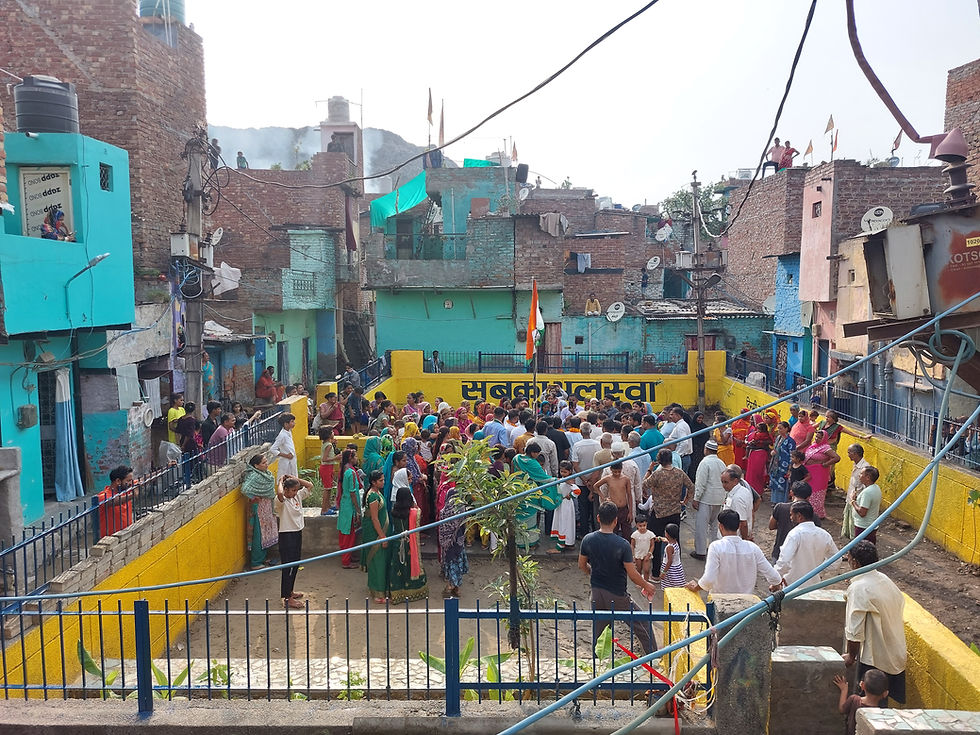


Comments